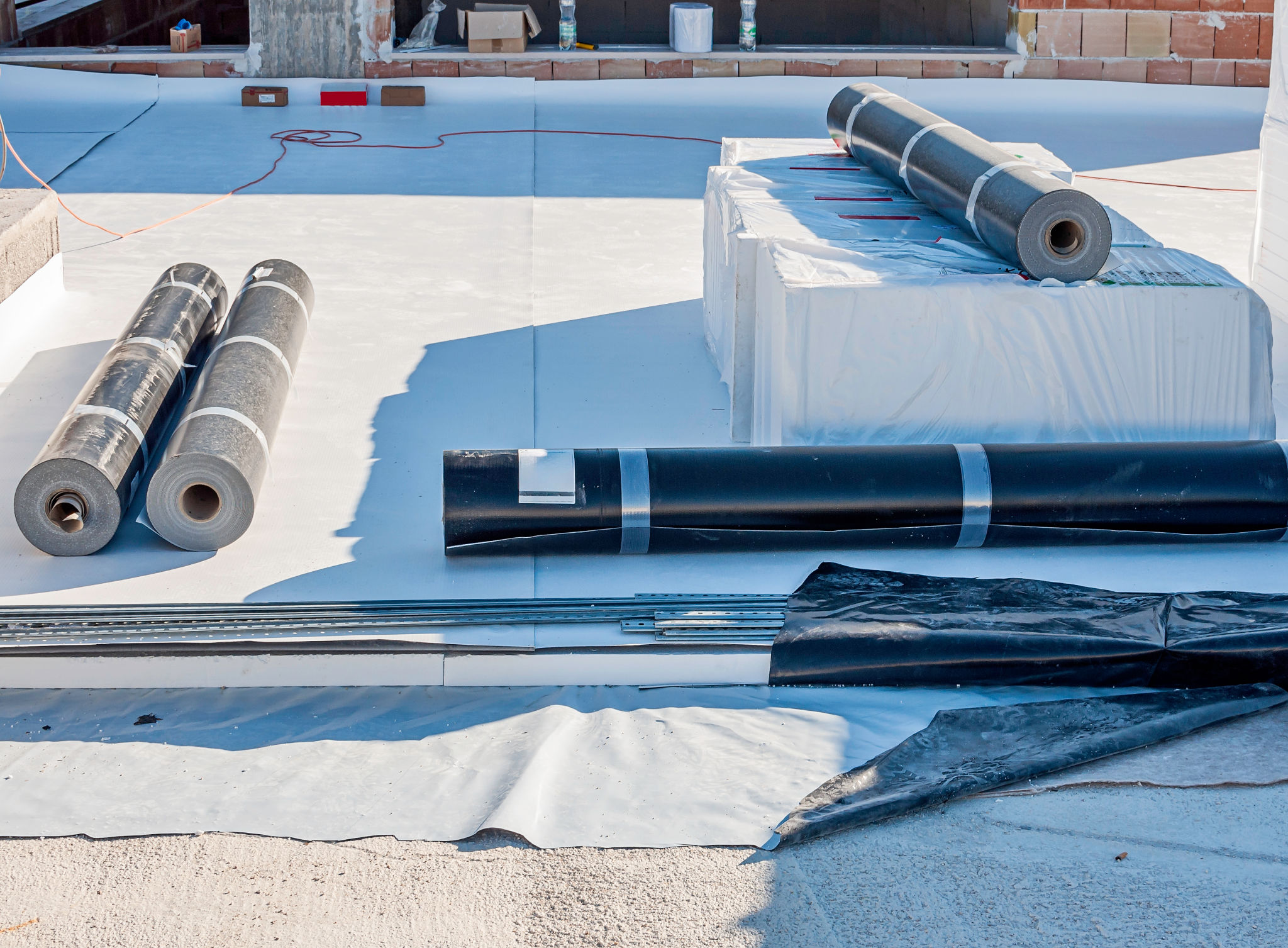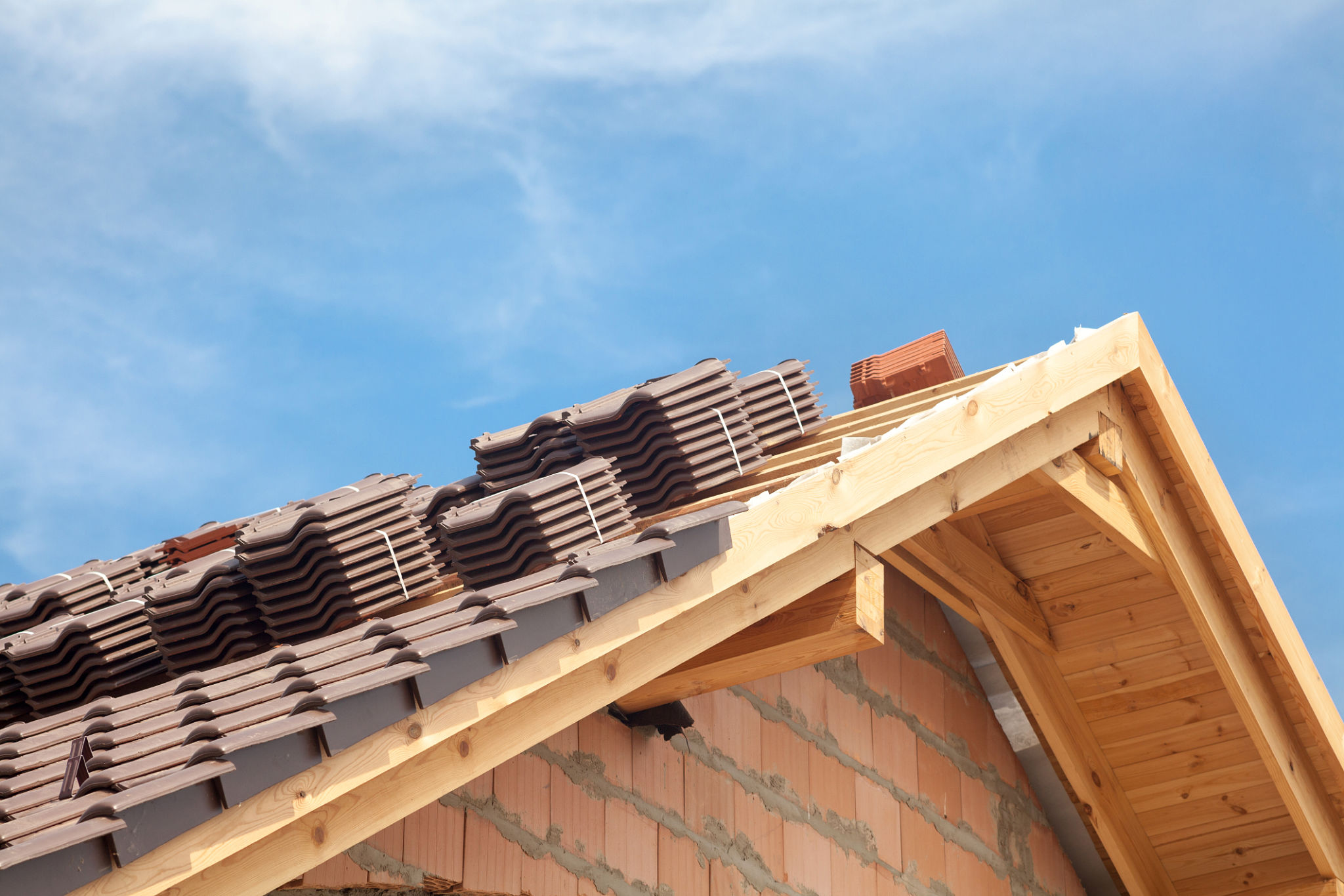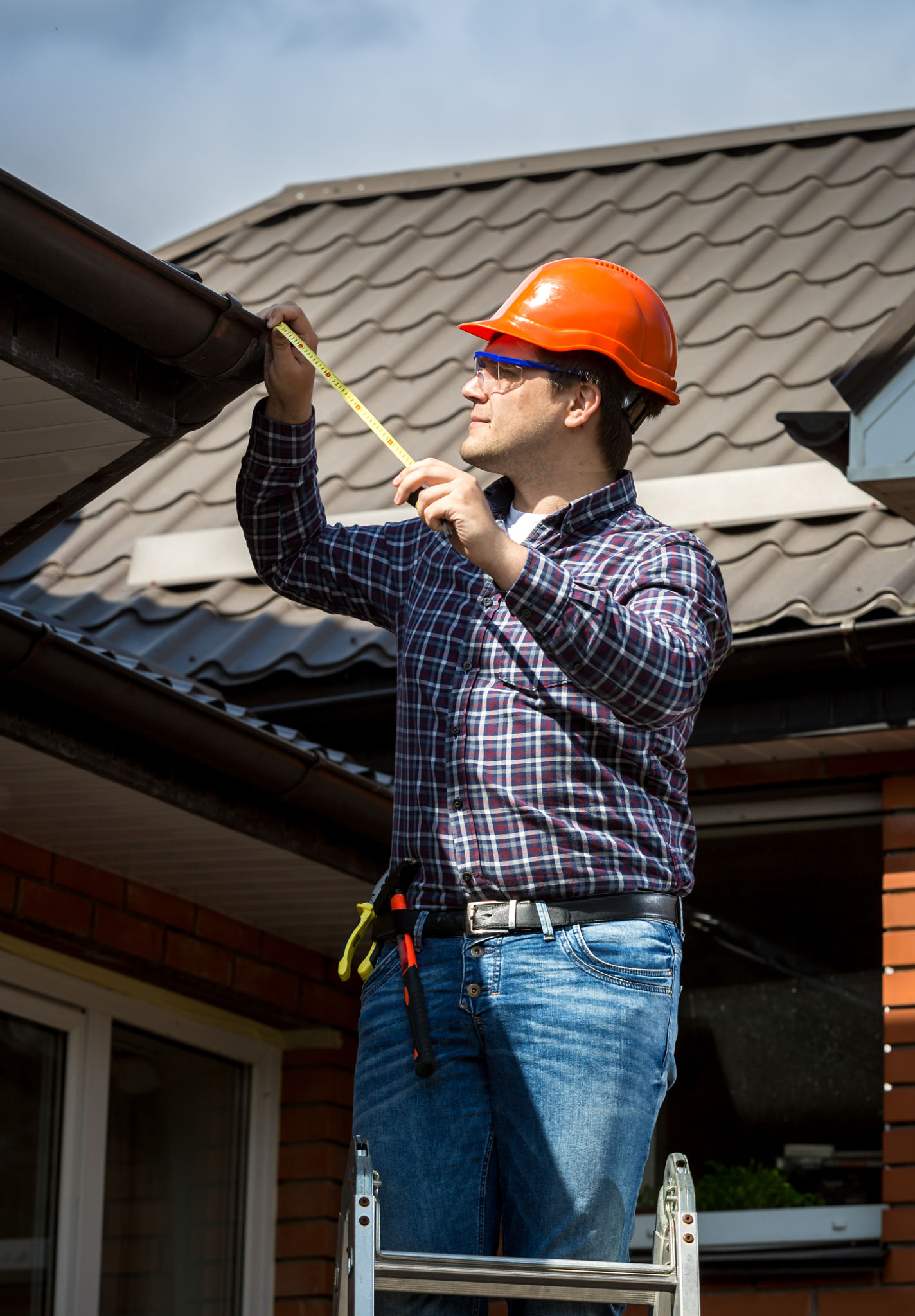Flat Roof vs. Pitched Roof: Which is Right for Your Home in Kent?
Understanding the Basics of Flat and Pitched Roofs
When deciding on the right roof style for your home in Kent, it's essential to understand the fundamental differences between flat and pitched roofs. A flat roof has a minimal slope, often appearing horizontal, while a pitched roof has a noticeable angle or peak. Each style offers unique benefits and challenges, influencing not only the aesthetic appeal of your home but also its functionality and maintenance requirements.

Advantages of Flat Roofs
Flat roofs are increasingly popular due to their modern aesthetic and practical advantages. One significant benefit is their cost-effectiveness. Flat roofs typically require fewer materials and labor to construct, reducing initial installation costs. Additionally, they offer a versatile space that can be utilized for solar panels, rooftop gardens, or even as an outdoor living area.
Maintenance for flat roofs in Kent is also relatively straightforward. With fewer components and simpler construction, inspections and repairs can be more manageable. However, it's important to ensure proper drainage to avoid water accumulation, which can lead to leaks.
Why Consider Pitched Roofs?
Pitched roofs are a traditional choice, offering both aesthetic charm and practical advantages. The sloped design naturally facilitates water runoff, reducing the risk of leaks and structural damage. This makes pitched roofs particularly suitable for areas with heavy rainfall, a common occurrence in Kent.

Another benefit of pitched roofs is their durability. The structure can withstand harsh weather conditions better than flat roofs, often resulting in a longer lifespan. Additionally, the attic space created by a pitched roof can be converted into extra living space or used for storage, adding value to your home.
Climate Considerations
The climate in Kent can play a crucial role in your decision between a flat or pitched roof. With its fair share of rain, a pitched roof might offer better protection against water ingress. However, advancements in waterproofing technology have made flat roofs more resilient than ever, making them a viable option even in wetter climates.
Temperature fluctuations should also be considered. Pitched roofs provide natural ventilation, helping to regulate indoor temperatures. Conversely, flat roofs may require additional insulation to achieve similar results.

Cost Implications
When it comes to cost, both initial installation and long-term expenses must be considered. While flat roofs are generally less expensive upfront due to simpler construction, they might incur additional maintenance costs over time if not properly maintained. Pitched roofs, on the other hand, may have higher initial costs but often require less frequent repairs and maintenance.
It's important to weigh these factors against your budget and long-term plans for your home. Investing in quality materials and professional installation can mitigate potential costs down the line for either roof type.
Aesthetic Appeal
The visual impact of your roof on your home's overall appearance is another critical factor. Flat roofs offer a sleek, modern look that complements contemporary architecture. They can create a minimalist aesthetic that is increasingly popular among homeowners seeking a modern vibe.

Pitched roofs, however, offer classic charm and can enhance the traditional look of homes in Kent's historic neighborhoods. The choice between modernity and tradition often comes down to personal preference and how you envision your home's aesthetic blending with its surroundings.
Making the Right Choice
Ultimately, choosing between a flat or pitched roof for your Kent home involves balancing various factors such as cost, climate, aesthetic preferences, and long-term goals. Both roof types have their merits and can be tailored to meet your specific needs and preferences.
Consulting with a professional roofing contractor can provide further insights into what might work best for your situation. They can offer guidance based on local weather patterns, building regulations, and the specific requirements of your home.